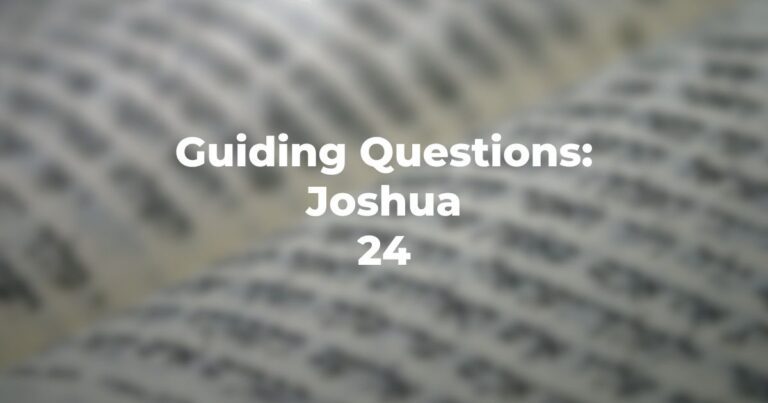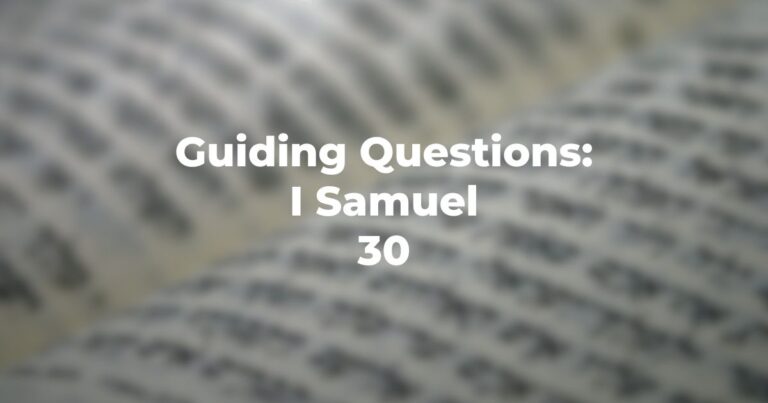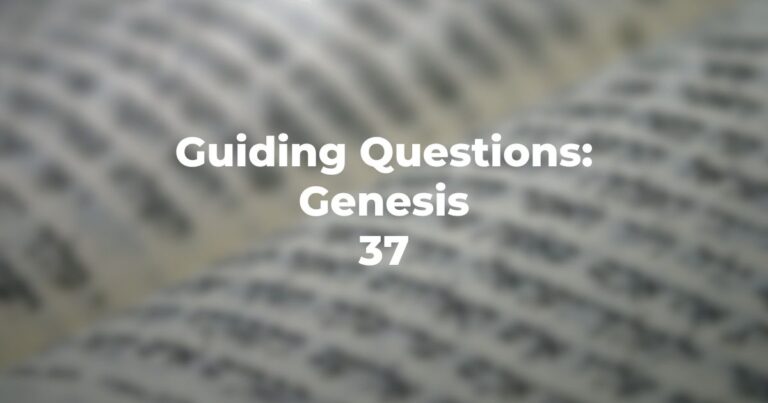- Who is the “kerem” and who is the “yedid” in Isaiah 5:1?
- The care expressed in Isaiah 5:2 represents the care provided by what/whom to whom?
- What question does Isaiah 5:4 pose — despair or history?
- If the listeners did not understand the prophecy, does Isaiah 5:7 make abundantly clear what Isaiah has in mind?
- In Isaiah 5:7 what is the difference between “mishpat” and “mispah” and between “tze’akah” and “tzedakah?”
- Is it “ritual” that is the problem evidenced in Isaiah 5:8-12? Is it excess concern with pleasure? Latafundiaish growth? Pursuers of pleasure (Isaiah 5:11)? Opposition to alcoholic beverages? Or, is it a disregard of the concern for the mitzvah pattern?
- In Isaiah 5:14, reference is made to “Sheol opening wide its mouth without limit.” What is this a reference to?
- Where in the year-round liturgy do we find the passage in Isaiah 5:16?
- Isaiah 5:19-24 indicate a cynicism on the part of the transgressor. How is it expressed?
- How is honesty totally distorted (Isaiah 5:20)?
- What consequence will derive from the action described and why (possibly) is the phrase utilized “Torat Adonai” and not “Torat Mosheh?”
- According to the prophet, is attack by an enemy the result of objective “international relations” or determined by Divine fiat (see Isaiah 5:26-30)?
- In sum, does Isaiah 5 provide a “reprieve” or does it continue the prophet’s castigation?
Author
-

Exploring Judaism is the digital home for Conservative/Masorti Judaism, embracing the beauty and complexity of Judaism, and our personal search for meaning, learning, and connecting. Our goal is to create content based on three core framing: Meaning-Making (Why?), Practical Living (How?), and Explainers (What?).
View all posts




